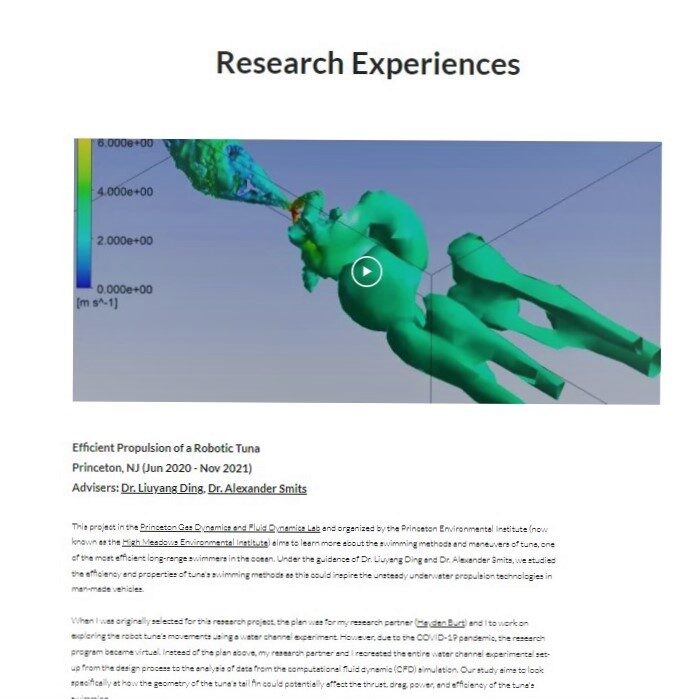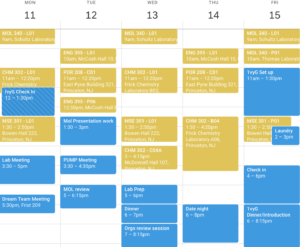Have you ever left an interview wishing you remembered to mention that project you did in class? Or do you have a broad range of interests and experiences that do not fit on a one-page resume? Have you ever built something really cool and wanted to show everybody but were not sure how? You can answer all of these issues with your own personal portfolio.
A portfolio is similar to a resume in that it showcases your work and achievements, but it is more flexible in that it can take different forms and include all types of media. It can be helpful to share with recruiters and interviewers during your career search, and you can ensure recruiters come across it by sharing a link to it in your resume! It is probably the most underrated career search material, and taking the time to craft your own portfolio is already a huge step to making yourself stand out.
Continue reading Now is the perfect time to build your personal portfolio!






